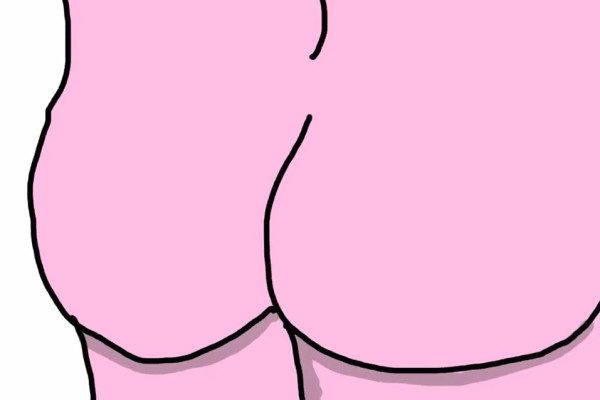Harmattan haze surrounding Abuja National Mosque in Abuja. The Harmattan is a season in the West African subcontinent, which occurs between the end of November and the middle of March. It is characterized by the dry and dusty northeasterly trade wind, of the same name, which blows from the Sahara Desert over West Africa into the Gulf of Guinea. harmattan Experts also add that … of Harmattan Hamarttan is generally brought about by overwhelming measure of clean noticeable all around, it has extremely constrain perceivability and square the sun for a few days, … disadvantages of harmattan Deplorable facility, dusty environment, disadvantages teachers Dieser oft mit rotem Sand aus der Wüste beladene Wind weht aus den nördlichen Roßbreiten in Richtung Äquator und stellt somit einen Teil des Passates dar. Africas physical geography, environment and resources, and human geography can be considered separately. Between tax imperatives and environmental objectives, a conceptual approach to environmental taxation, L’Harmattan, p.32. The reason is that malaria is the most common cause of health crisis for SS patients in regions where the parasite is available. The sunny yet slightly chilling afternoons with chalky atmospheres cause thin films of dry dust to settle on your skin, especially with outdoor exposure. Harmattan The dry desert Harmattan wind blows various organic residues into the excavated pits. There are also other health effects on the people caused by the Harmattan. They include conditions like dryness of the skin, dried or chapped lips, eyes, and respiratory problems. This season is also adverse for people suffering from asthma because it can cause aggravation of asthma. 1. What Is the Definition of Harmattan?
Cornelsen Texte Themen Und Strukturen Lösungen,
Bridgerton Prince Friedrich X Reader,
Iberico Kotelett Grillen Weber Grill,
Articles D

